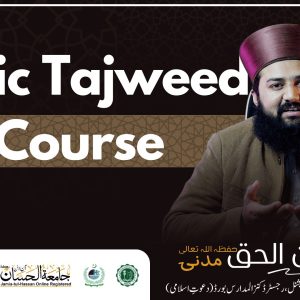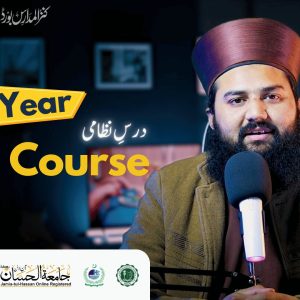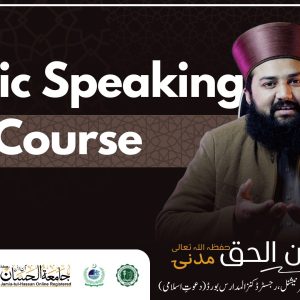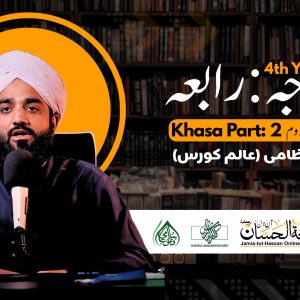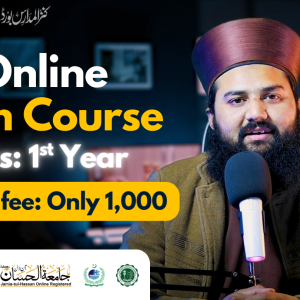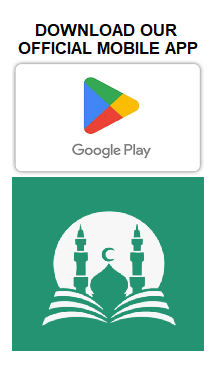In today’s fast-paced world, access to affordable and quality education is a challenge for many. Recognizing this need, Jamia-tul-Hassan Online has launched an initiative to provide free Islamic education through its YouTube channel. This platform is a beacon of hope for students who cannot afford tuition fees or are unable to attend traditional Islamic schools.
Why Choose Jamia-tul-Hassan’s YouTube Channel?
Jamia-tul-Hassan’s YouTube channel is a treasure trove of free, high-quality educational content that caters to a wide audience. Here’s why it stands out:
Accessibility for Everyone
Whether you’re a student in a remote area, a busy professional, or someone unable to afford traditional classes, this channel offers free access to Islamic knowledge anytime, anywhere.Comprehensive Islamic Studies
The channel provides structured lessons on Darse Nizami, including essential subjects like Quranic studies, Hadith, Fiqh, Arabic grammar, and more.No Hidden Costs
Unlike many online platforms, Jamia-tul-Hassan’s YouTube channel is entirely free. Students don’t need to worry about paying subscription fees or hidden charges.📚 Explore Our Latest Islamic Courses 📚
Learn at Your Own Pace
With pre-recorded lectures, you can revisit and replay lessons, ensuring you fully understand the concepts.
Features of the Content on the YouTube Channel
Diverse Range of Topics
The channel offers everything from short courses like prayer (Salah) and fasting (Sawm) to detailed explanations of advanced Islamic sciences.High-Quality Lectures
Delivered by expert scholars and teachers, the lessons are well-organized, engaging, and easy to follow.Free Resources for Lifelong Learners
Even if you’re not a registered student, you can benefit from Jamia-tul-Hassan’s public lectures to deepen your understanding of Islam.Modern and Traditional Blend
The content is designed to meet the needs of both traditional Islamic learners and modern students looking for a flexible educational experience.📚 Explore Our Latest Islamic Courses 📚
How Students Benefit from This Platform
The Jamia-tul-Hassan YouTube channel addresses several challenges faced by learners:
- Financial Limitations: Students with limited resources can access quality education without paying a penny.
- Geographical Barriers: No matter where you live, this channel provides Islamic education at your fingertips.
- Busy Lifestyles: Those balancing jobs, family responsibilities, or other commitments can benefit from self-paced learning.
Why Should You Subscribe to Jamia-tul-Hassan’s YouTube Channel?
By subscribing to this channel, you are opening the doors to a world of Islamic knowledge. Here are a few reasons why you should hit the subscribe button today:
- Access free Islamic courses taught by experienced scholars.
- Learn critical Islamic concepts through structured and engaging lectures.
- Join a growing community of learners passionate about Islam.
Conclusion: Empowering Students Through Free Education
The Jamia-tul-Hassan YouTube channel is more than just an educational platform—it’s a movement to make Islamic education accessible to all. Whether you’re looking to explore Islamic sciences, deepen your understanding of the Quran, or simply learn at your own pace, this channel is your ultimate resource.
Visit the channel today and start your journey towards Islamic enlightenment: Jamia-tul-Hassan YouTube Channel.

